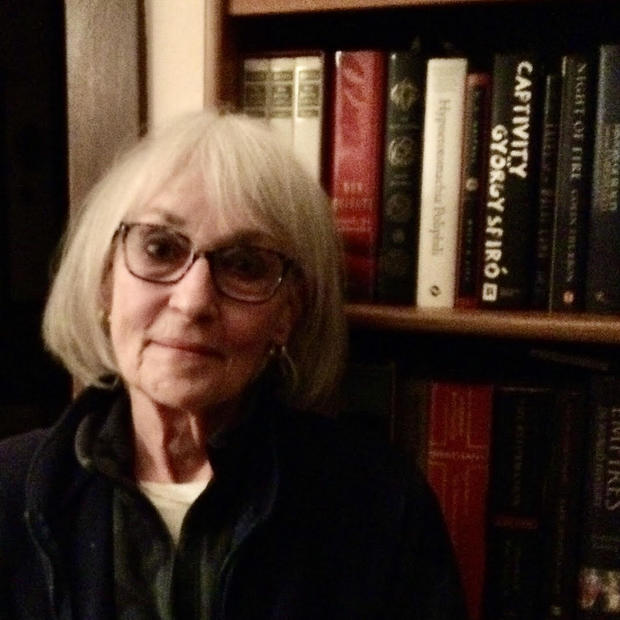Last winter Chris’s triple hernia gave him so much grief he started wearing a truss made of a flattened plastic sports drink bottle strapped on with a belt. Makeshift contraptions and contrivances can ease some of the rigors of living in a tent city like the one Chris and other residents call Nickelsville, but even with a truss his pain gradually intensified. His face became a pasty mask, filmed with sick, teeth-gritting sweat.
One day when the pain spiked unbearably, he took a bus to the nearest ER, where medical staff concluded that his condition wasn't life-threatening "yet." Until then, bed rest was prescribed, which for Chris meant tent rest, of course.
For 30 years Chris worked as a bricklayer. He enjoys doing hard physical labor almost as much as he enjoys cooking, which he loves. The day I met him last October he was standing at the communal grill wielding a barbecue fork and growling, "Nobody around here under the age of 40 knows how to cook! I have to teach some of these kids how to heat up their damn hot dogs." He’d been one of the hardest workers in Nickelsville, pitching in with the kinds of heavy lifting and toting that wrecks abdominal tissue.
Tent rest made Chris depressed and short-tempered. The pain was almost easier to bear than the enforced idleness. He worried, too, that he’d be banned from Nickelsville, then located in the U District's United Congregational Church parking lot, because he couldn’t fulfill its stringent expectations about shouldering a fair share of the duties that keep the fragile community organized and running smoothly. But visits from U Cong members and one or two others living "on the outside" helped Chris feel like part of the human family. He and his visitors chatted about nothing in particular through the blue plastic walls of the tent protecting him from the winter winds.
At last surgery was scheduled for late February. A month later I visited Chris at Nickelsville in its Renton location, where the tent city moved after its three-month sojourn at U Cong. Although he was up and around, he still experienced pain, but if his problems came up in conversation he insisted, as he always had, "I'm fine. I'll be OK. I'm strong. I can get through this. Don't worry about me." Or he blamed himself for needing the spleen surgery two years ago that had caused the worst of his hernias: "The car accident was my fault." Sometimes he’d add a fatalistic comment like "Maybe it all was meant to be. I probably deserve this."
I think Chris denied his need and vulnerability in order to deflect pity and maintain his dignity. As at least one Crosscut reader has suggested (see comments on "A narcissist goes volunteering"), pity can be a not-so-subtle way of separating oneself from other people by creating safe binary categories: the self-sufficient and the needy, the more and less fortunate, givers and takers, helpers and the helpless, haves and have-nots.
Broadly applied, of course, such distinctions are false. For example: I have an advanced academic degree, a private bathroom, a quick temper, and (like Chris) a hard time accepting help, but I do not have a generous non-judgmental soul, the courage or savvy to live on the streets, much patience, or enough faith in other people.
I'm fortunate in my energetic constitution, but sadly unfortunate in that a beloved family member has schizophrenia. I'm hardly self-sufficient, being a needy soul who has a hard time getting along without friends, affection, public libraries and transportation, and a glass or two of wine with dinner.
I help when I can, but I’m helpless about many things, from operating my computer to opening my heart. So I don't pity Chris. All things considered, he's my equal. When he denies his neediness, I agree with him that he’s strong and resilient because it’s true. And I affirm his dignity, too, when I frankly disagree: “Chris, none of us is meant to be in pain."
Tent communities are fragile. So are the people living in them. So are public budgets. Statistics show that providing stable housing with ongoing support services is far cheaper than routinely responding to human crises with ambulances, ER services, hospitalizations, arrests, or incarcerations that end in releases to life on the streets.
When will we stop the spinning of this catastrophically expensive revolving door and use hard facts to make wiser public policy decisions?

